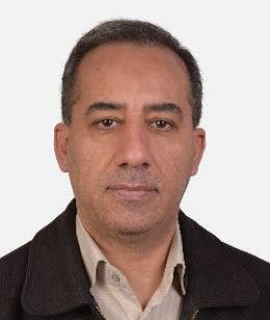Title : Catalysts in Water-Splitting
Abstract:
Although many catalysts have been proven worthy to accelerate chemical reactions, there is still the challenge of finding a more efficient and optimized catalyst; thus, it is crucial that researchers learn about various compounds. In recent years, due to the shortage of energy, water-splitting solar cells that directly convert solar energy into chemical energy have attracted growing attention. In order to achieve maximum performance of these cells, catalysts are used to speed the hydrogen evolution reaction (HER), and oxygen evolution reaction (OER) and generate hydrogen fuel.
In a photo-electrochemical (PEC) water-splitting cell (Figure 1), catalyst plays an important role in improving the photoinduced electron and hole separation/transportation, works as the active site to previously mentioned reactions, decreases the probability of photo-corrosion and increases the chemical stability of photoelectrodes. As the reaction in PEC water-splitting cells will happen on the photoelectrodes’ surface, surface-decoration with catalyst is needed. To promote the reaction, perovskite oxides are considered great visible-light-active electrocatalysts which consist of a huge variety of compounds. Besides the fact that finding the efficient material as a catalyst is the main issue, figuring out new methods to optimize the catalysts’ performance matters as well. It is also important to consider catalysts and cocatalysts to be earth-abundant and cost-efficient.
In my proposed presentation, I will discuss how using an efficient catalyst will benefit the outcome results of different chemical reactions, optimizing new methods over conventional methods to develop convenient and frugal catalysts, and innovative process technologies to use catalysts as particles with different morphologies or layers.


